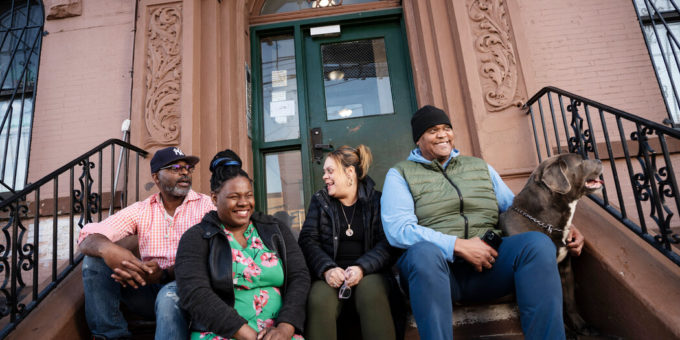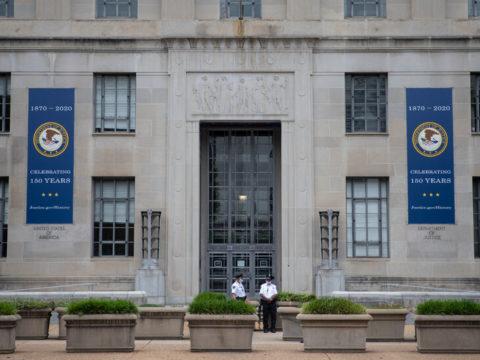
Lizzette Concepcion moved into the building in 2010, arriving postpartum from a homeless shelter. Mr. Giddings sued her for unpaid rent. However, he changed his address repeatedly, making it impossible for her to get the housing subsidy to him, according to her lawyer at the time, Jane Li. Ms. Concepcion estimated that she owes $20,000 in back rent, and some of those arrears could have been lessened if her housing subsidies had been received.
She is still anxious about housing instability because she cannot work and receives public assistance for her disability; she and her son have chronic asthma. “It was frustrating, it was emotionally a roller coaster,” she said. “I thank God that I’m still here, there are days when I feel, how much longer can I be in this apartment?”
Ms. Concepcion, 50, felt powerless, but tenants with low-paying jobs, and those like her who relied on public assistance, were the group’s biggest strength. The group would not have qualified for free legal aid that was critical to their victory, said Mr. Hankins, 51, who was out of work at the time Mr. Giddings first acquired the building and was one of the tenants whose income was low enough to qualify for the aid. He is now a housing advocate for people experiencing homelessness.
But Mr. Hankins was initially doubtful that the group would get very far, and he was incredulous when Mr. Stone, who works in banking, suggested they buy the building, after he and Ms. Waterton attended a gentrification conference with a session on homeownership in March 2017. “We looked at him like he had two heads,” said Mr. Hankins, recalling how he and other tenants dismissed the idea.
Though incomes varied among the tenants, most of them are Black and Latino and they shared an understanding of the long history of redlining and housing disenfranchisement in Black communities. Ownership felt elusive and unimaginable. “We’re almost conditioned not to see the bigger picture, not to believe the bigger picture, like ownership is not for us,” Mr. Hankins said, sitting in his fifth floor apartment on a recent March afternoon, surrounded by the records and recording equipment he uses to produce hip hop. “We’re not used to being in the position of empowerment.”
Ms. Waterton tapped into another history: An immigrant from Guyana, she moved with her family into a Brooklyn apartment building her grandfather owned and that served as a way station for other relatives. “That was a safe haven for us,” she said. “When this whole thing came up, that we could buy the building, I was like, ‘Oh my God, this is full circle.’”
In 2019, Ms. Burnham introduced the tenants to the Urban Homesteading Assistance Board, a nonprofit that supports H.D.F.C.s and also helps convert them.












